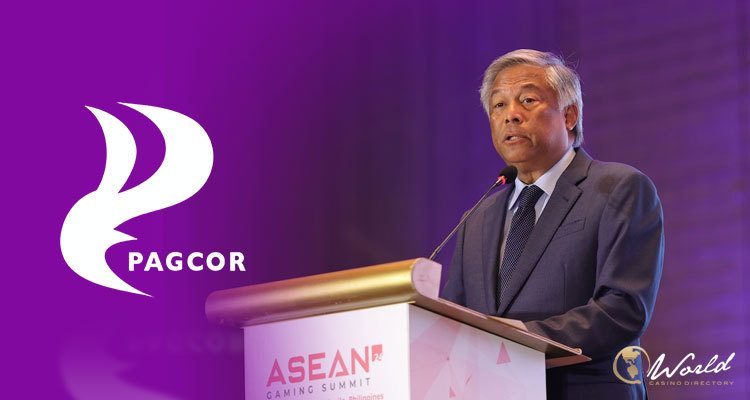PAGCOR, a Philippine Amusement and Gaming Corporation, spent years working hard on establishing the Philippines as one of the leading gaming markets in the world, and its efforts are finally paying off. According to Alejandro H Tengco, the Chairman and CEO of the corporation, the country has become one of the most popular markets in the Asian Pacific region.
The increased popularity of the Philippines market:
After various regulatory reforms and privatization that are going on in the market, the only jurisdiction that is more attractive than the Philippines is Macau.
In the 6th ASEAN Gaming Summit, during a State of the Industry Address, Tenco was talking about the positive outcome the reforms had on his country’s gaming industry, as Asia Gaming Brief reports.
The main PAGCOR’s duty is to oversee and regulate commercial casinos in the Philippines, as well as in special economic zones, including the Clark Freeport Zone in Central Luzon. On top of that, the corporation owns the Casino Filipino brand, so it can operate casinos as the state’s operator.
The recent period was successful for the operator. In 2024, it’s estimated that the revenue will increase by 11%, or $5,1 billion compared to the year before, and if that proves true, the revenue will hit the new record, and reach PHP336 billion, or US$6,1 billion. What’s even more important is that the revenue would surpass pre-pandemic levels, which means that the country completely recovered from issues caused by the COVID-19 pandemic and the following measures.
Tengco said: “We expect gaming revenue to sustain growth this year and beyond, with the increase for entertainment for both local and foreign tourists. Revenue from our licensed casinos in Entertainment City, Clark, Metro Manila, Cebu, and Fiesta casinos in Rizon is expected to contribute PHP257 billion ($4,6 billion) to our GGR in 2024. Meanwhile, e-casinos, e-bingo, and sports betting together are projected to contribute PHP61,7 billion pesos ($1,1 billion) to the 2024 GGR, making it the fastest growing sector in the last few years.”
Among the reasons that led to significant PAGCOR’s success, three of them stood out: the main one is the opening of the new integrated resorts in the country, as well as increased interest of customers in electronic games, and privatization of the casinos that belonged to the state.
Plans for the future:
However, the issue with illegal operators is still present, so Tengco asked the operators who haven’t secured the license yet to consider applying for them, which would further increase the country’s revenue.
Casino Filipino will open new gambling sites at the end of 2025 or the beginning of 2026, which will represent an additional boost to the already thriving country’s economy.
Tengco said: “Once fully privatized, PAGCOR will derive its revenues mainly from regulatory fees and licenses, as well as from our growth gaining revenue shares, which we sell. As we shed our fat, we will become a leaner and more streamlined organization.”
Currently, license fees are set at 40% of the total revenue. However, from April 1, the fees will be decreased to 35% for both online and land-based casinos, in order to increase the popularity of the market among the operators. Tengco commented on that: “This is quite significant. Because when I assumed office in the last second half of 2022, the prevailing license fees, then were over 50 percent. We have gradually lowered them so that by April, our rates would be on par with global industry standards.”
On top of that, Bloomberry announced, among other projects in Cebu and Clark, the opening of its new IR, Solaire Resort North in Quezon City. The resort will be opened in May, and it will be worth around $1 billion in total.



